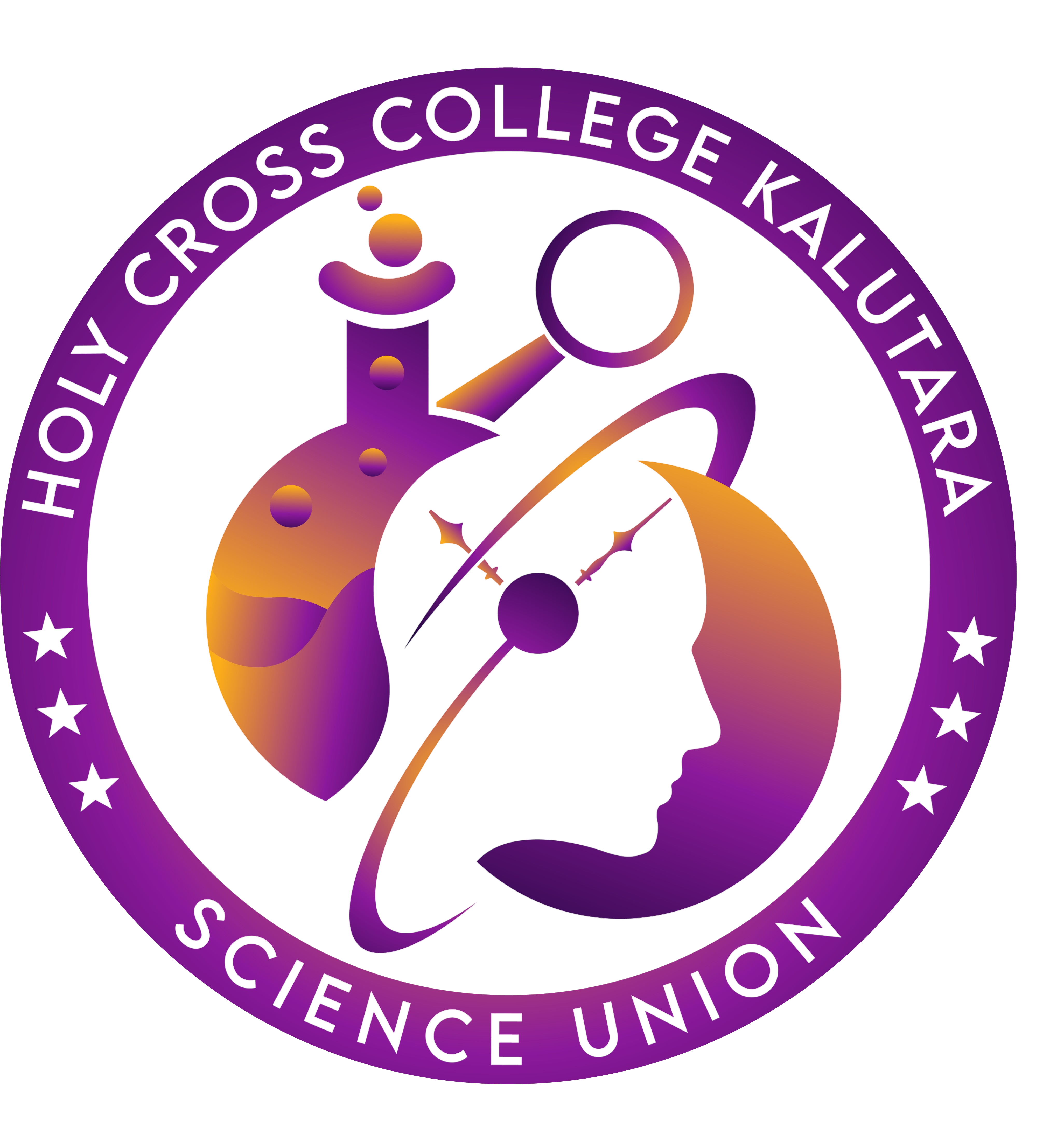Science Union Blog:
Artificial Intelligence


Artificial intelligence (AI) is a branch of computer science that deals with the creation of intelligent agents, which are systems that can reason, learn, and act autonomously. AI research has been highly successful in developing effective techniques for solving a wide range of problems, from game playing to medical diagnosis.
AI has the potential to revolutionize many aspects of our lives, from the way we work to the way we interact with the world around us. Some of the potential benefits of AI include:
• Increased productivity: AI can automate many tasks that are currently performed by humans, freeing up our time for more creative and strategic work.
• Improved accuracy and efficiency: AI can make decisions and take actions more accurately and efficiently than humans can.
• Enhanced creativity and innovation: AI can be used to generate new ideas and solutions that would never occur to humans.
• Personalized experiences: AI can be used to tailor products and services to the individual needs of each user.
While AI has the potential to bring many benefits, it also faces some challenges, such as:
• Bias: AI systems can be biased, reflecting the biases of the data they are trained on. This can lead to unfair or discriminatory outcomes.
• Security: AI systems can be vulnerable to attack, which could lead to data breaches or other security problems.
• Control: AI systems are becoming increasingly complex and powerful, raising concerns about who will control them and how they will be used.
There are a number of ways to address the challenges of AI, such as:
• Developing AI systems that are fair and unbiased.
• Making AI systems more secure.
• Developing ethical guidelines for the development and use of AI.
• Increasing public awareness of the potential benefits and risks of AI.
The future of AI is uncertain, but it is clear that AI has the potential to have a profound impact on our lives. As AI continues to develop, it is important that we consider the potential benefits and risks of this technology and take steps to ensure that AI is used for good.
Artificial intelligence (AI) is one of the most rapidly developing technologies of our time. In recent years, AI has made significant progress in a wide range of fields, from natural language processing to self-driving cars. As AI continues to develop, it is becoming increasingly clear that it has the potential to revolutionize many aspects of our lives.
So, what does the future of AI hold? Here are a few possible scenarios:
• AI could automate many jobs. As AI becomes more sophisticated, it is likely to be able to automate many tasks that are currently performed by humans. This could lead to significant job losses in some industries, but it could also create new jobs in other industries, such as the development and maintenance of AI systems.
• AI could improve our health care. AI could be used to develop new drugs and treatments, diagnose diseases, and provide personalized care to patients. This could lead to major improvements in the quality of health care and a longer life expectancy for everyone.
• AI could make our lives more convenient. AI could be used to automate household chores, provide customer service, and personalize our experiences with products and services. This could free up our time for more important things and make our lives easier and more enjoyable.
• AI could help us solve some of the world's biggest problems. AI could be used to develop new energy sources, combat climate change, and address poverty and hunger. This could help to create a more sustainable and equitable world for all.
Of course, the future of AI is not without its challenges. As AI becomes more powerful, it is important to ensure that it is used responsibly and ethically. We need to develop clear guidelines for the development and use of AI, and we need to make sure that AI is not used to harm or discriminate against people.
Overall, the future of AI is bright. AI has the potential to make our lives better in many ways, but it is important to be aware of the challenges and to take steps to ensure that AI is used for good.